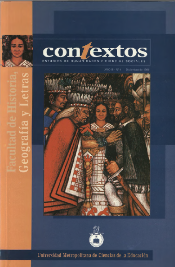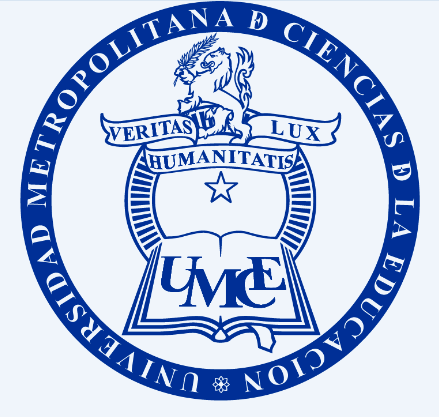Main Article Content
May 8, 2017
Abstract
Según el diagnóstico de Ernst Jiinger, quien es probablemente uno de los autores alemanes más controvertidos -en Alemania aún más que en otra parte del mundo- nos encontramos con el siglo veinte al fin de una época ‘titánica’ de dos milenios. Contra las energías destructoras del mundo moderno y su orden determinado por las necesidades técnicas y financieras, Jiinger redescubre en su literatura, las energías de la propia naturaleza que se insertan en un orden cósmico.
Se presentan en esta ponencia dos textos de Ernst Jiinger, el Atlantische Fahrt (Travesía atlántica) de 1936, diario de un viaje al Brasil, y la última parte de su ensayo Annaherungen - Drogen und Rausch (Aproximaciones - Drogas y embriaguez) de 1970, titulado ‘México’, en los cuales él se refiere a América Latina y a energías presentes en este continente que, según él, resisten a la degradación del mundo actual y abren una visión que transgrede las alienaciones con las cuales nos amenaza la modernidad.
Downloads
Policies for open access journals
Authors who publish here accept the following terms: Authors will keep their copyright and will guarantee the journal the right to the first publication of their work, which will be subject to the Licence of Creative Commons acknowledgement, which allows for the use of this material only if the authorship is credited and the original source is acknowledged (the journal’s URL), and if it is not used with commercial ends and with any derivations of the original work.
Authors may adopt other non-exclusive license agreements of distribution of the published version (e.g. to save it onto a digital institutional archive or publish it in a monographic volume) only if the initial publication of this journal is indicated.
It is permitted and recommended for authors to divulge their work on the Internet (e.g. institutional digital archives or webpage) before and during the submission process, which may lead to interesting exchanges and increase the citations of the publication. (See Open Access Effect).






